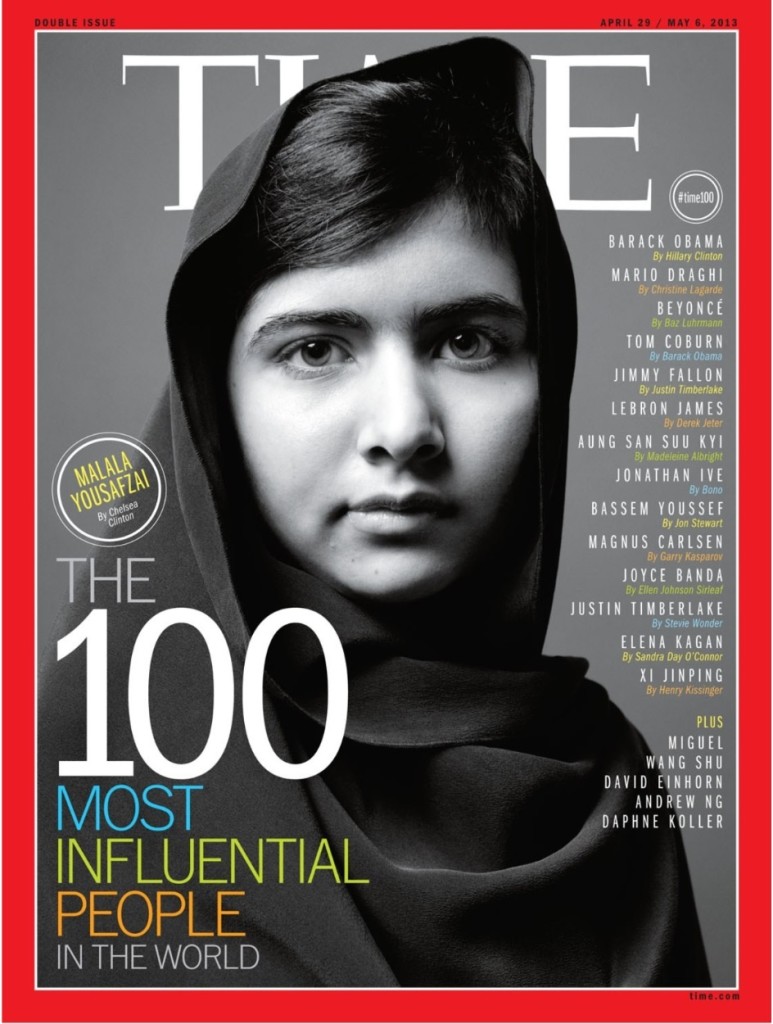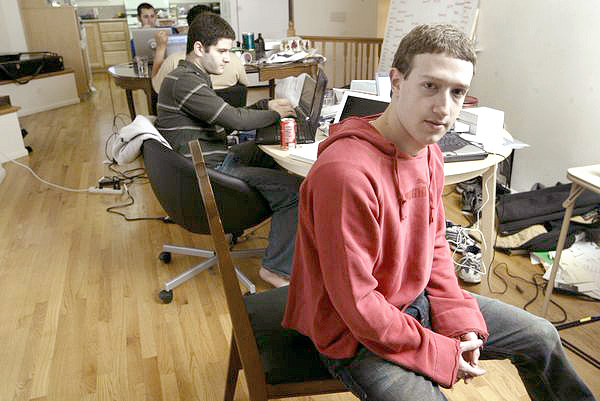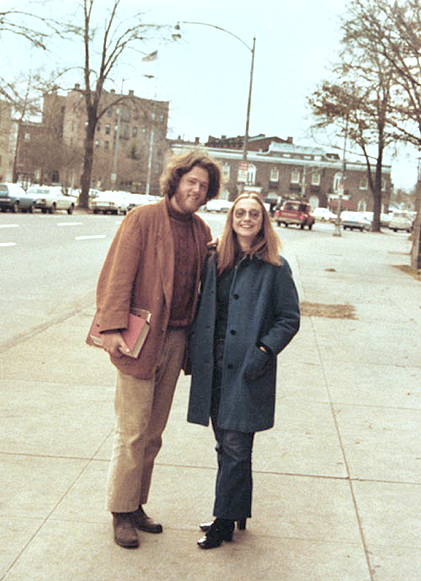Generation Z
Gen Z, Gen Y, baby boomers – a guide to the generations
As a new report says Generation Z are smarter and more prudent than Gen Y, here’s a guide to all those complex generational labels. Do you know your Baby Boomers from your Millennials?
Generation Z
Gen Z are the group born since just before the start of the Millennium.
Too young to remember 9/11, they have grown up in a world in political and financial turmoil. As a result, they are keen to make the world a better place. A report by Sparks & Honey, a US advertising agency, describes this generation as the “first tribe of true digital natives” or “screenagers”.
But unlike the older Gen Y, they are smarter, safer, more mature and want to change the world. Their pin-up is Malala Yousafzai, the Pakistani education campaigner, who survived being shot by the Taliban.
They are — to their cynical Gen X parents — almost nauseatingly worthy, keen to volunteer and aware that an education is to be treasured. Sparks & Honey says 60 per cent of them want to have an impact on the world, compared with 39 per cent of Millennials.
Generation Y
Also known as Millennials, born between about 1980 and 2000.
Born between the advent of the Walkman and the founding of Google, the members of Gen Y they are unsurprisingly shaped by technology. Some have made fortunes from it, like Mark Zuckerberg.
The phrase Generation Y was first used in a 1993 Ad Age article, while Millennials was coined by sociologists Neil Howe and William Strauss. As well as being comfortable sharing their entire life online, this is a selfish, self-regarding generation. “Let me take a Selfie,” is their catchphrase.
Maybe it is not surprising — this is a group who were brought up and pampered by their Gen X parents, who soothed them to sleep with Baby Einstein tapes.
Generation X
The man credited for christening this generation with such a deeply dull label is Robert Capa, the war photographer. But, confusingly, he was referring to young adults growing up in the early 1950s. So, in fact, Capa’s bunch of kids were born before the War – which is not what we now mean by Gen X.
Gen X are those born between the early 1960s and the early 1980s. The nickname stuck thanks to the novel by Douglas Copeland: ‘Generation X: Tales for an Accelerated Culture’, which was about Americans hitting adulthood in the late 1980s.
This generation has been characterised as being saddled with permanent cynicism. Too young to have fought in any major war, old enough to have enjoyed a free education – they have spent too much of their adulthood sitting around in coffee shops trying to set the world to rights. And failing.
Self-help books line their shelves and and they are burdened with an almost permanent state of anxiety — social, financial, sexual.
But this is a large generation. And there are many subcultures and eras within it.
Baby Boomers
This was the original ‘generation’. And it was a useful label because, initially, it described those born in the immediate years after World War II, when there was – thanks to soldiers returning home – a significant spike in births, both in America and in Britain. Baby Boomers, as a phrase, was first used in 1970, in a Washington Post article.
But the phrase is now used to describe the cohort of babies born from the end of the War all the way up to the early 1960s. These are the men and women who tuned in, got high, dropped out, dodged the draft, swung in the Sixties and became hippies in the Seventies. Some, like Bill clinton, made it to the White House.
Never has a generation had it so good, as Harold Macmillan said presciently about their parents in the 1950s. Baby boomers in Britain were the first to be born in a free NHS hospital, who enjoyed cradle to the grave welfare.
Idealistic and uncynical, this was the generation that fought the cold war and smashed down the Berlin War. But just as many sold out the moment they were able to buy a house and a car. They were the first generation able to go abroad not to fight a war — but to sit on a beach. Many have already retired on generous, copper-bottomed final salary pensions.
Source: The Telegraph
========================
3 fundamental ways Generation Z differs from Millennials
Generation Z is adamant about turning hobbies into careers
It seems that every generation has a few shining stars who are able to create amazing things early in life and define their future. Steve Jobs, Bill Gates, and Mark Zuckerberg are all examples of entrepreneurs who broke the mold and turned their hobbies into careers. They were able to do this because they grew up at a time where digital was still fairly young.
Generation Z will be the first generation raised when digital is the norm. This generation lives its life in all things digital, and its online footprint is often its most important hallmark. Because of this, a staple of Gen Z has become wanting to turn hobbies into jobs and use the internet as a vehicle to make this happen. Vloggers, artists, writers, and young computer experts are all empowered by the internet to gain followings, fans, and make money off the things they love to do.
This generation is highly independent and ambitious. If they think they can make their own mark on the world, they are going to try.
They want to be friends with their parents
Remember when you were a kid and wanted nothing to do with your mom and dad? OK, so Generation Z certainly has some of this, but overall this is a generation that actually wants to be connected with parents.
Gen Z perceives family as a support group and personal advocates for success. This is quite the difference from not only Millennials, but from Generation Y and X, which largely saw independence and a separation from authority figures. All indications are that Gen Z will be very close to family.
They have a strong desire to give back
Generation Z is a very liberal generation and overall, highly progressive. One of the hallmarks of this is their desire to volunteer, advocate, and give back to their community. They want to be a part of something greater than themselves.
Gen Z relishes in the opportunity to belong to a group that represents its viewpoints, and has the instinct to congregate and be heard. This generation will be very vocal about a variety of political and social issues.
Few know more about Generation Z than T.J. Marchetti, CMO of AwesomenessTV, a YouTube network and sketch show aimed at that hard-to-reach demographic. Here’s what he says are the three biggest ways Gen Z will change the way you’ll need to market.
Source: David Zaleski / imediaconnection




